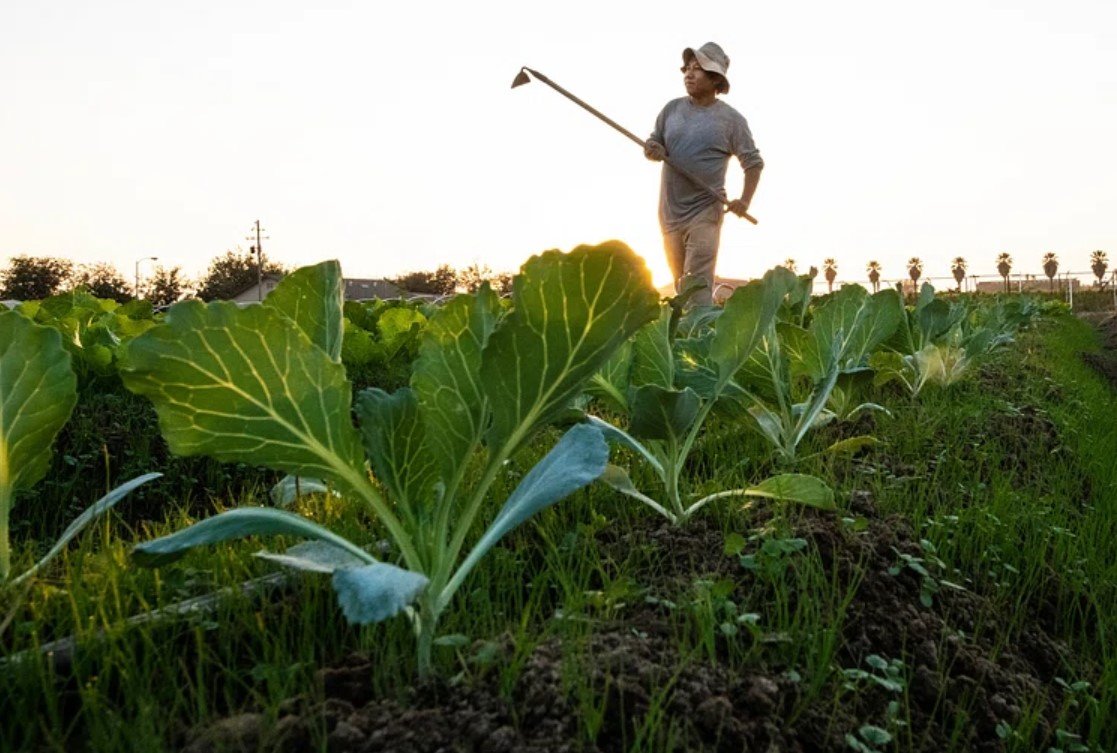Tobacco farmers are grappling with significant financial losses as the value of their crops plummets. The decline in demand for tobacco products, coupled with adverse weather conditions and lack of government support, has left many farmers in a precarious situation. This article delves into the challenges faced by tobacco farmers, the economic impact of the declining crop value, and potential solutions to alleviate their plight.
The economic repercussions of the declining value of tobacco crops are profound. Many farmers have invested heavily in their crops, only to see their returns diminish drastically. This financial strain is exacerbated by the high costs associated with tobacco farming, including labor, fertilizers, and pesticides. As a result, farmers are finding it increasingly difficult to break even, let alone make a profit.

In regions like Andhra Pradesh and Karnataka, the situation is particularly dire. Farmers in these areas have reported significant losses, with some even considering abandoning tobacco farming altogether. The lack of alternative crops and limited access to financial assistance further compounds their difficulties. Without immediate intervention, the livelihoods of thousands of farmers are at risk.
The Federation of All India Farmer Associations (FAIFA) has been vocal about the need for government support. They have called for a rescue package to help farmers cope with the financial burden. Additionally, they have urged the government to reschedule crop loans and provide subsidies for essential farming inputs. These measures, if implemented, could provide much-needed relief to struggling farmers.
Adverse Weather Conditions
Adverse weather conditions have also played a significant role in the declining value of tobacco crops. Extreme weather events, such as droughts and untimely rains, have severely impacted crop yields. In countries like Brazil, Zimbabwe, and Indonesia, tobacco production has plummeted due to these unfavorable conditions. This has had a ripple effect on global tobacco prices, further affecting Indian farmers.
In Andhra Pradesh, farmers have reported a drastic reduction in crop yields due to prolonged droughts. The lack of adequate irrigation facilities has only worsened the situation. Similarly, in Karnataka, untimely rains have damaged crops, leading to significant losses. These weather-related challenges highlight the urgent need for climate-resilient farming practices and infrastructure.
The Tobacco Board has been advocating for crop insurance to protect farmers from such unpredictable weather events. Unlike other crops, tobacco is not covered under the Pradhan Mantri Fasal Bima Yojana (PMFBY) or the Restructured Weather-Based Crop Insurance Scheme (RWBCIS). This leaves farmers vulnerable to financial hardship in the event of crop failures. Ensuring crop insurance for tobacco farmers could provide a safety net and help stabilize their incomes.
Potential Solutions and Government Intervention
To address the challenges faced by tobacco farmers, a multi-faceted approach is required. Government intervention is crucial in providing immediate relief and long-term support. One potential solution is the introduction of crop diversification programs. Encouraging farmers to grow alternative crops can reduce their dependence on tobacco and provide additional sources of income.
Financial assistance in the form of subsidies and low-interest loans can also help alleviate the financial burden on farmers. The government should consider rescheduling crop loans and providing grants for essential farming inputs. Additionally, investing in infrastructure, such as irrigation facilities and storage units, can enhance the resilience of tobacco farming communities.
The FAIFA has also suggested the establishment of a price stabilization fund to protect farmers from market fluctuations. This fund could be used to ensure fair prices for tobacco crops and compensate farmers in the event of significant price drops. By implementing these measures, the government can help secure the livelihoods of tobacco farmers and promote sustainable agricultural practices.
Maria Garcia is an award-winning author who excels in creating engaging cannabis-centric articles that captivate audiences. Her versatile writing style allows her to cover a wide range of topics within the cannabis space, from advocacy and social justice to product reviews and lifestyle features. Maria’s dedication to promoting education and awareness about cannabis shines through in her thoughtfully curated content that resonates with both seasoned enthusiasts and newcomers alike.








